Baby food and cats
Can Cats Eat Baby Food? (Good Option for Senior or Sick Cat)
296 shares
- Share
- Tweet
If you have run out of cat food but have a closet stocked with your infant’s favorite meals, you may be wondering, “can cats eat baby food?”
On the other hand, you may have an elderly or sick cat turning its nose up at regular cat food and find yourself desperate to get her to eat.
But should your sick cat be allowed a bit of human food; or can your senior cat eat baby food?
Read on to find out!
READ MORE: Can Cats Have Anchovies?
Can Cats Eat Baby Food?Yes, cats can eat meat-based or plain meat baby food, so long as you read the ingredients list on the label and ensure they contain nothing toxic for cats.
In general, the occasional spoonful of plain meat baby food for your cat as a treat should be fine.
However, about 60% of cats in the US are overweight or obese, a condition that causes various severe health problems as your feline ages.
So pet parents need to be careful of feeding their cat baby food in larger quantities. According to Cailin Heinze, VDM, DACVN, pets should receive no more than 10% of their daily calorie intakes from treats.
But since some simple meat-based baby food looks similar to the pâté-style foods we find in the cat food aisle, we may be tempted to feed our cat a jar or two in a pinch.
We’ve partnered with JustAnswer Veterinary – click here to connect with an experienced veterinarian and get yourself some peace of mind!
We may also be thrilled to discover that they love it, and some picky-eaters have been known to turn up their nose at anything else.
However, this does not mean that you should allow your cat to eat baby food instead of FDA-approved cat food forever.
Commercial pet food is fortified with AAFCO (American Association of Feed Control Officials) approved essential amino acids, fatty acids, vitamins, and minerals.
This nutrient profile is needed to create complete cat food that meets their basic nutritional requirements.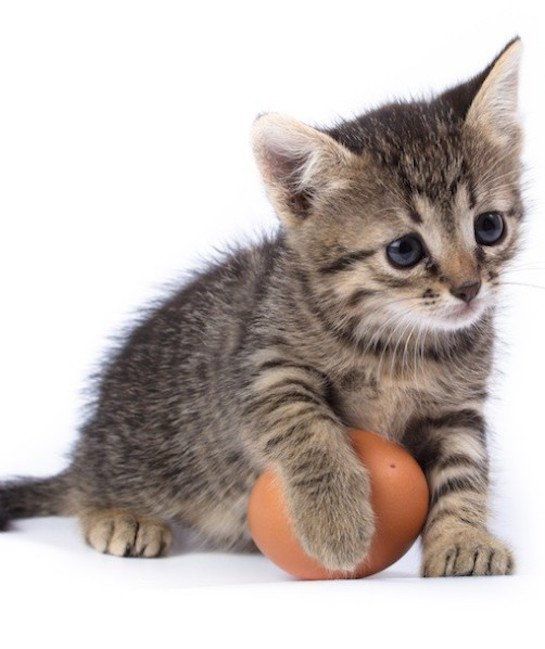
This is quite important since cats have particular needs for certain levels of amino acids such as thiamine and taurine, and too little of these can prove fatal.
In fact, in the 1970s, thousands of cat deaths and blindness were traced back to a lack of taurine in cat food.
It is unlikely that baby food will have the correct levels of taurine or other necessary nutrients. Therefore, it should not be fed for a prolonged period.
However, baby food is still among the gentlest foods made for delicate baby stomachs.
So, there are several instances where you may want to use it for nursing your kitty through a rough patch:
- If your cat has a sore tooth or mouth and is struggling to eat.
- Cats who are ill, such as those with liver disease or cancer and have a reduced appetite.
- Cats who have tummy troubles like vomiting and diarrhea.
- Senior cats that need to be enticed to eat by having some added to their food bowls.
In these cases, baby food is great because it requires minimal chewing.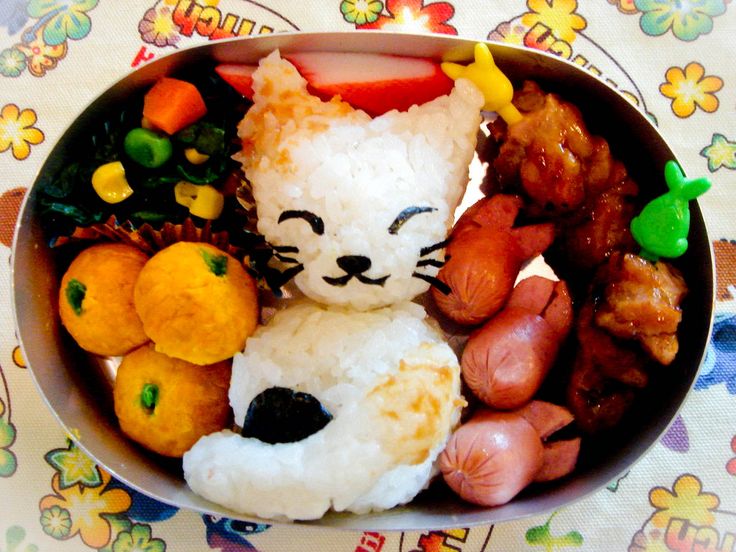 It can be handfed, and when it is heated to room temperature, it can be an effective appetite stimulant.
It can be handfed, and when it is heated to room temperature, it can be an effective appetite stimulant.
It also has a high moisture content that can help digestion as this is closer to the high moisture content cats would naturally in the raw food they eat in the wild.
Unlike raw food, however, the jars are hermetically sealed.
So, you don’t need to worry about a high bacteria content that could further upset a cat with a sensitive stomach’s digestive tract.
All of this is an excellent way to get food into your cat until they get their strength back and can eat their regular food again.
Watch this recap video below:
READ MORE: Can Cats Eat Crackers?
Is Baby Food Safe for Cats?Yes, plain meat-based baby foods with no additives, seasonings, or toxic ingredients are mostly safe for cats.
However, a recent study found dangerously high levels of heavy metals such as arsenic, mercury, or cadmium in one in four tested baby foods.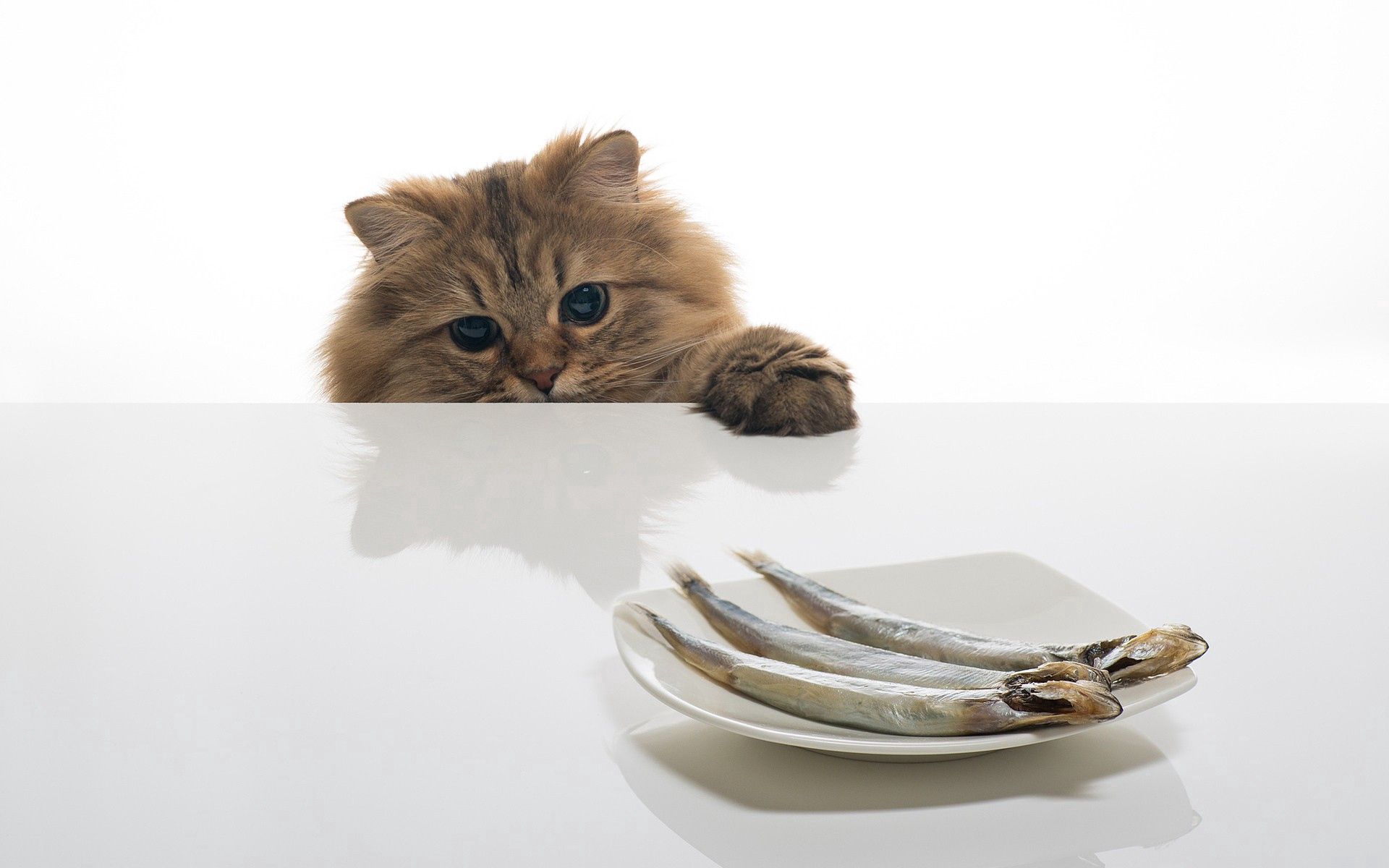
This can build up in your cat’s body over time, so a long-term baby food diet is out.
For this reason, it’s also best to avoid food that contains rice, sweet potato, carrots, or any type of fruit juice, as these have the highest levels of toxic chemicals.
Nevertheless, so long as you are only feeding the baby food for a limited time and it is basically puréed meat, it is a good option in a pinch.
But it should be made with ingredients that do not contain any fruit or substances that are toxic or very unhealthy to cats, such as:
- rhubarb,
- raisins,
- dairy products (lactose intolerant),[1]
- garlic or garlic powder (and other alliums such as onions, chives, or leeks)
- xylitol,
- or chocolate.
Remember, even certain vegetable mixes are too high in fiber and cause your cat an upset stomach.
After all, cats are obligate carnivores, and so they are not designed to eat substantial amounts of plant matter.
Ensure that you read the label thoroughly, though.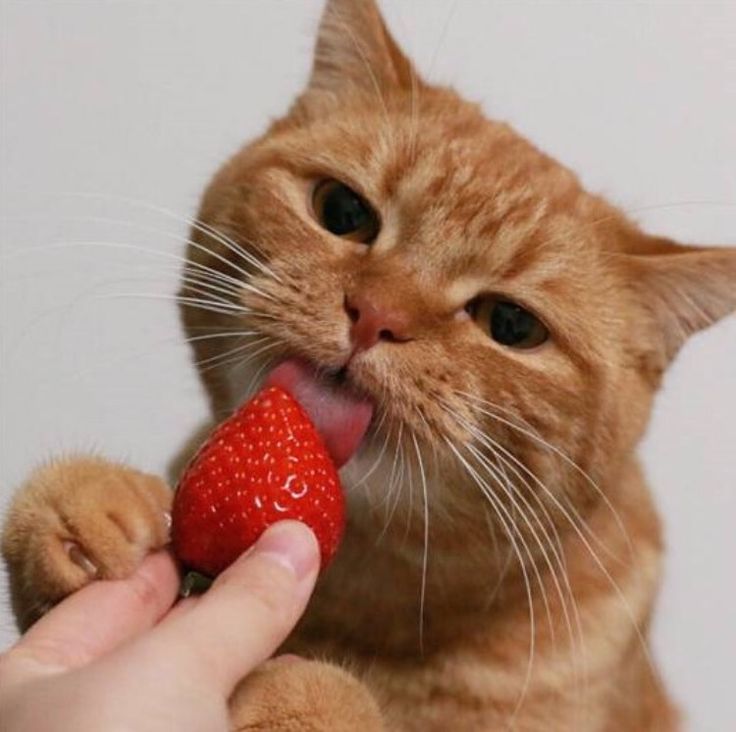 For instance, Gerber’s 2nd Beef and Beef Broth Jar also contains lemon juice, which may be a little too acidic for your cat’s tummy.
For instance, Gerber’s 2nd Beef and Beef Broth Jar also contains lemon juice, which may be a little too acidic for your cat’s tummy.
READ MORE: Can Cats Eat Almond Oil?
How Much Baby Food Can Cats Eat?If you are feeding your cat baby food as a treat because it is something they enjoy, then a whole plate of food is obviously not the way to go.
A spoonful here or there on top of their regular food is fine, provided it is within their daily calorie limit.
If you are a new mom and find you have run out of cat food one evening, but you have a cupboard full of Gerber 2nd Chicken and Chicken Broth, then go ahead and replace the meal with what you have.
One or two meals replaced with safe meaty baby food is unlikely to do your kitty any harm. Just don’t make it a habit.
For sick cats with appetite loss, or senior cats who seem to struggle with their usual food, hand-feeding baby food that has been gently heated to around 100°F might encourage them to eat.
In this case, you can feed them as much as they are willing to take, but do not force the issue.
Always feed a cat with trouble eating in a quiet but familiar part of the home.
You can try using a feline hormone diffuser to soothe them and signal that everything is “okay.”
Try putting a touch of baby food on your finger and touching it to their lips to see if they will lick it off.
If this doesn’t work, you can put a little baby food in a syringe and gently try dribbling it into their mouth. Again, do not force them to eat.
Force-feeding cats at home is stressful for both of you and can result in injury.
Instead, you can try mixing baby food with anything else you think may entice them, such as cooked egg, tuna flakes, or chicken broth.
If your cat still refuses to eat, do not wait too long to see the vet. T
he problem may be more serious than you realize, and your vet may prescribe an appetite stimulant to help them along.
In severe cases, your cat may need a feeding tube— called esophagostomy tubes—to provide them with the nutrients and electrolytes they need.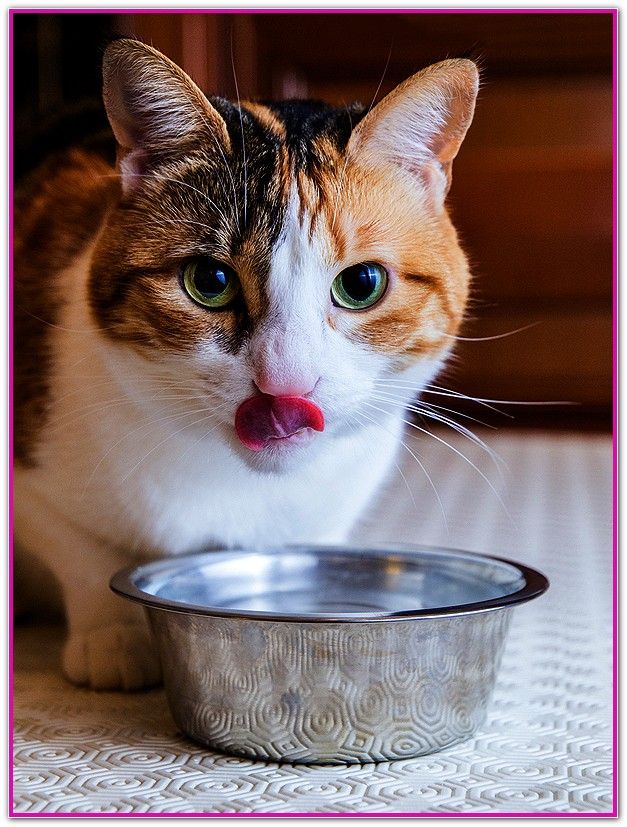
This should be left to professionals.
READ MORE: Is Alstroemeria Toxic to Cats?
What is the best baby food for a cat?
There are types of baby food that are a good option for sick or elderly kitties who need soft food to get them through a rough patch.
Some products from recognized baby food brands that we recommend— in moderation and for limited periods—are:
- Earth’s Best Organic Turkey and Turkey Broth Jar (created using only organic ground turkey and turkey broth).
- Gerber 2nd Foods Chicken & Gravy (made with ground chicken, water, and cornstarch).
- Beech-Nut Beef + Beef Broth Jar stage 1(made with beef and beef broth; no added flavorings, onion, or garlic)
- Beech-Nut Chicken + Chicken Broth Jar stage 1(made with chicken and chicken broth; no added flavorings, onion. or garlic)
3
Alternatives to Baby Food for CatsIf your cat turns their nose up at baby food, or if you are worried about heavy metals or an incomplete amino acid profile, there are plenty of alternatives.
It may just take some trial and error to find a type of food that works
1. Prescription Food
If your cat is ill with something chronic such as liver or kidney disease, or if they have constant digestive problems, your vet may recommend a therapeutic or prescription food for your kitty.
While many owners report sterling results, keep in mind that these diets aren’t always that different from everyday cat foods and are quite pricy.
In fact, there is currently a class-action lawsuit concerning whether prescription diets such as those for cats with kidney disease should really be marketed as different from other wet cat foods with similar ingredients.
2. Homemade Soup
Suppose your cat simply doesn’t want to eat their regular dry food or has a poor appetite due to something non-life threatening, such as stress.
In that case, you can try enticing them with some tuna flakes or a little boiled chicken mixed in their food.
If they have trouble chewing or swallowing, creating your own pureed food with boiled chicken and a low-sodium broth can be an excellent choice for cats.
Just be careful of the vegetable oil or brine in tuna as this can be high in sodium and fats.
3. Kitten Food
If your cat is having trouble eating, a few doses of specially formulated kitten milk can be a great choice.
It is generally fortified with vitamins and minerals and is amongst the gentlest foods for the sensitive tummy.
It can also be liquidized with solids if you need food with a soft texture.
Another plus is that kitten milk does not contain the lactose in normal milk, which cats can’t properly digest.[2]
You can also try wet kitten food, but keep in mind, neither formulated kitten milk nor kitten food of any type is ideally formulated for adult cats.
So it should be fed in moderation for limited periods.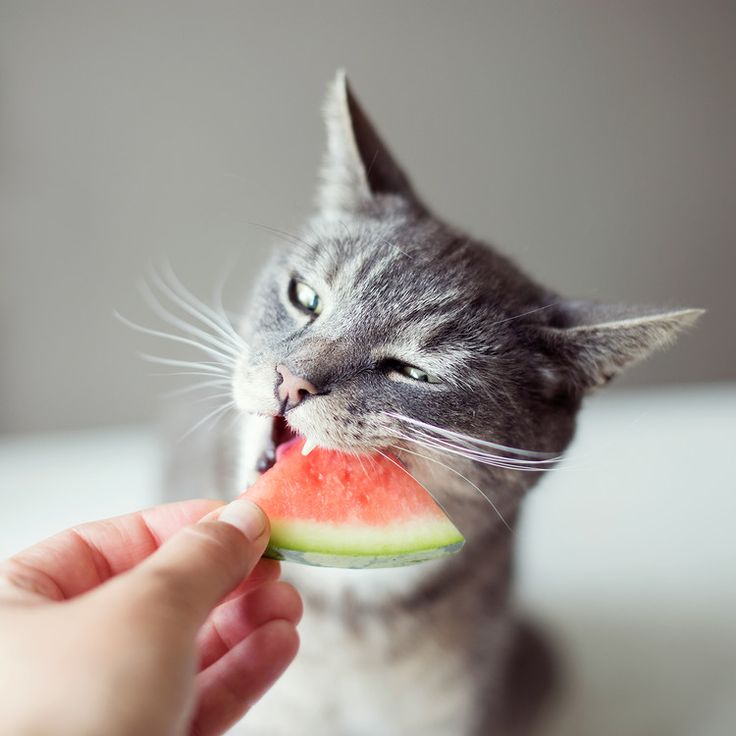
READ MORE: Can Cats Have Cinnamon?
Can Cats Eat Baby Food FAQsCAN CATS EAT BEEF BABY FOOD?
Yes, cats can absolutely eat beef baby food since it is species-appropriate, meat-based baby food. Turkey and chicken baby food are usually acceptable too.
However, always be careful to read the label and don’t assume because it says, “beef” that is entirely safe. It may contain extra additives, colorants, or preservatives that could be bad for your kitty.
CAN CATS EAT GERBER BABY FOOD?
Yes, cats can eat Gerber baby food. Their 2nd foods Chicken & Chicken Broth is a particularly good choice as it contains nothing but chicken and chicken broth. But only feed Gerber for a short period to help a cat that is struggling to eat. Also, read the label, as the Beef & Beef Broth Jars contain lemon juice.
CAN A SICK CAT EAT BABY FOOD?
A sick cat can eat baby food so long as it is made from the correct ingredients, such as a meat product.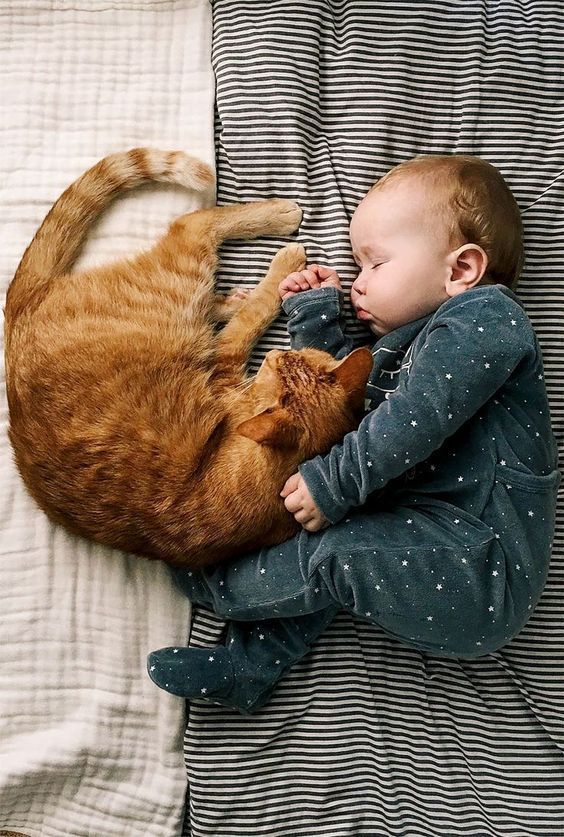 It can be gentle on sensitive stomachs, and when warmed up, it can smell better than normal dry food and entice them to eat to keep their strength up.
It can be gentle on sensitive stomachs, and when warmed up, it can smell better than normal dry food and entice them to eat to keep their strength up.
The soft texture is also great for cats with dental issues who find it painful to chew or cats who are simply too weak to feed themselves and need to be handed.
However, baby food is not a long-term option and should only be provided until your cat is strong enough to eat a more balanced diet.
Final Thoughts
In general, plain meat baby food is a simple and easy way to get an elderly or ailing cat to eat.
Although baby food is not nutritionally balanced for felines and feeding it as a primary meal for a prolonged time can cause severe deficiencies, the right recipe is usually gentle on delicate stomachs.
The soft texture is also ideal for painful mouths and throats. So feeding baby food until your kitty gets their strength up might be an effective appetite stimulant.
References
- 2018 — Association for Pet Obesity Prevention.
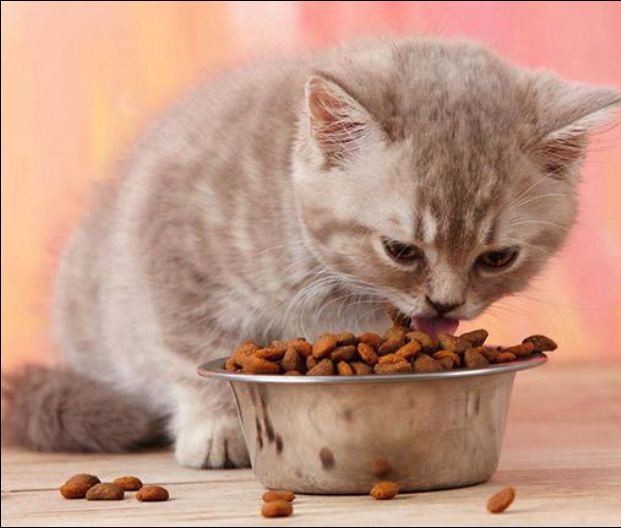 2018. “Association for Pet Obesity Prevention.” Association for Pet Obesity Prevention. 2018. https://petobesityprevention.org/2018.
2018. “Association for Pet Obesity Prevention.” Association for Pet Obesity Prevention. 2018. https://petobesityprevention.org/2018. - Coates, Jennifer. 2014. “How to Get a Sick Cat to Eat.” Petmd.com. PetMD. December 26, 2014. https://www.petmd.com/blogs/nutritionnuggets/cat/dr-coates/2014/december/getting-cats-eat-even-when-theyre-sick-32367.
- Curley, Bob. 2019. “Toxic Chemicals Can Be Found in Most Baby Food — What Parents Can Do.” Healthline. Healthline Media. October 22, 2019. https://www.healthline.com/health-news/toxic-chemicals-baby-food-parents-can-do.
- estaff. 2019. “What Can Cats Eat – and What Are Dangerous Foods for Cats? – Tufts Catnip.” Tufts Catnip. March 2019. https://www.tuftscatnip.com/foodandnutrition/what-can-cats-eat-and-what-are-dangerous-foods-for-cats/.
- MAUGH, THOMAS H. 1987. “Thousands of Cat Deaths Traced to Pet Food Deficiency.” Los Angeles Times. Los Angeles Times. August 14, 1987. https://www.latimes.com/archives/la-xpm-1987-08-14-mn-805-story.
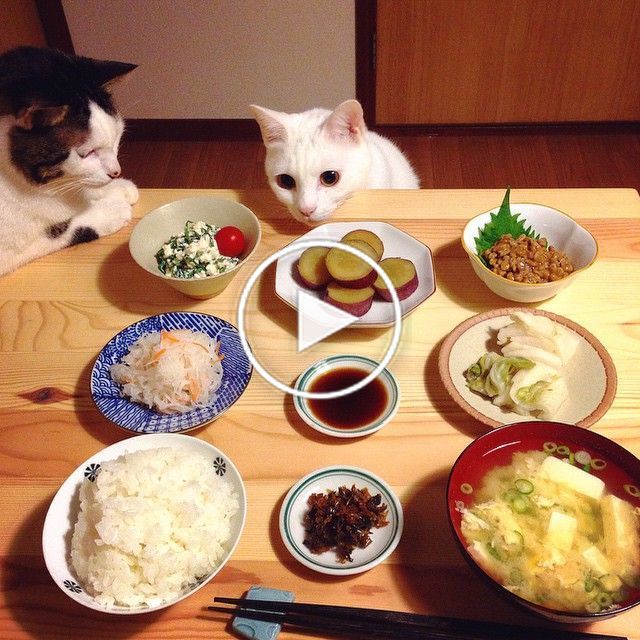 html#:~:text=In%20the%201970s%2C%20nutritionist%20Quinton,such%20as%20an%20impaired%20gait..
html#:~:text=In%20the%201970s%2C%20nutritionist%20Quinton,such%20as%20an%20impaired%20gait..
1. Vet Q&A: Can cats drink milk? [Internet]. www.pdsa.org.uk. Available from: https://www.pdsa.org.uk/what-we-do/blog/vet-qa-can-cats-drink-milk
2. Why Do Cats Love All Dairy Products? in Charlottesville, VA [Internet]. Charlottesville Cat Care Clinic. Available from: https://cvillecatcare.com/veterinary-topics/why-do-cats-love-all-dairy-products/
Can cats eat baby food? Have you tried feeding your kitties with it? Please share with us below!
Tamsin
Hi, I’m Tamsin. I’m a serious animal lover and dog behaviorist and trainer. In fact, I live on a farm with nine rescues! So, I love writing about and creating awareness around the health and wellness of all animals.
Find her on Linkedin. Read her latest articles. Learn more about Tamsin here
296 shares
- Share
- Tweet
Can Cats Eat Baby Food? What You Need to Know
ExcitedCats is reader-supported.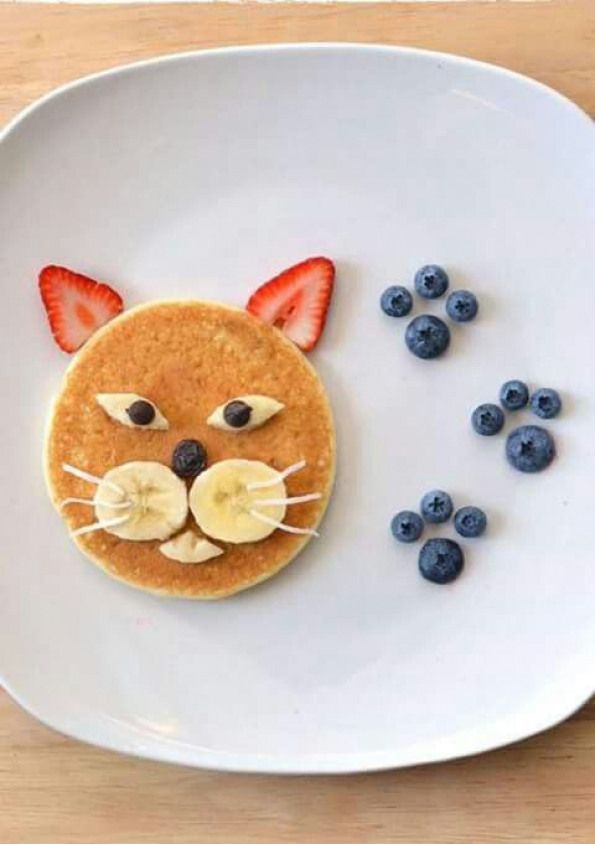 When you buy via links on our site, we may earn an affiliate commission at no extra cost to you. Learn more.
When you buy via links on our site, we may earn an affiliate commission at no extra cost to you. Learn more.
Last updated:
Vet approved
Reviewed & Fact-Checked By
Dr. Paola Cuevas
MVZ, Veterinarian
The information is current and up-to-date in accordance with the latest veterinarian research.
Learn more »
Your cat is your baby. But if you recently brought a human bundle of joy home, you may be tempted to share some nutritious baby food with your feline friend. But can your cat safely consume baby food? It depends. While cats can eat meat-based baby food, ones that contain veggies could be potentially harmful, and even lethal.
Here’s everything you should consider before dishing out a bowl of baby food to your kitty.
Can Cats Eat Baby Food?
While cats are natural carnivores, even in the wild, they do eat trace amounts of vegetables from the stomach contents of their prey to obtain essential vitamins.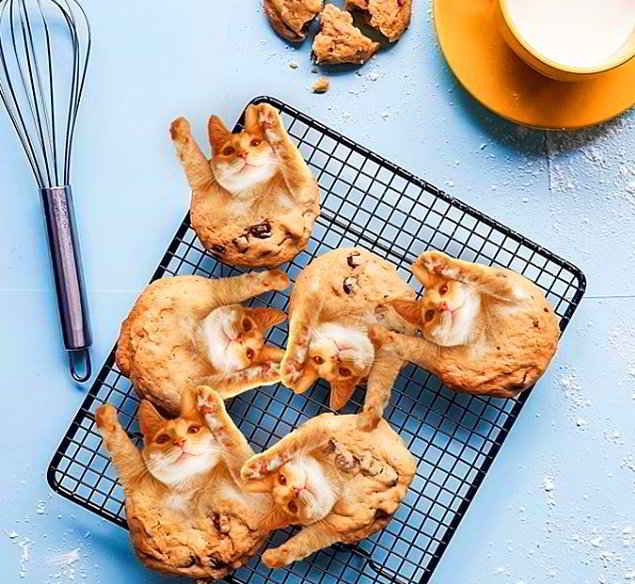 Also, eating whole prey with the bones contains minerals not found in the meat alone. Domesticated housecats acquire their daily dose of nutrients through their diet of commercial cat food.
Also, eating whole prey with the bones contains minerals not found in the meat alone. Domesticated housecats acquire their daily dose of nutrients through their diet of commercial cat food.
While you can treat your cat to small portions of meat-based baby food every once in a while, it should never be used as a substitute for cat kibble. Baby food lacks enough taurine for cats, which will lead to malnutrition if cats are only fed baby food as their daily diet.
If you have a sick or senior cat that can’t comfortably consume regular cat food, you can feed her small helpings of meat-based baby food. However, wet cat food is always the healthier option.
Image Credit: MapleHorizons, PixabayIs Baby Food Bad for Cats?
Babies are extremely fragile little creatures. That’s why most baby foods are crafted with sensitive stomachs in mind. But just because a baby can safely eat baby food doesn’t mean you should be feeding it to your cat.
This is especially true if the baby food contains any onion or garlic powder. These two ingredients are extremely toxic to cats.
These two ingredients are extremely toxic to cats.
Never feed your cat baby food that contains:
- Garlic
- Onion
- Salt
- Veggies of any kind
- Fruits of any kind (except for infrequent pumpkin as it promotes gut motility)
- Added sweeteners or sugars
- Dairy
- Canola oil or vegetable oil
When looking for baby food to feed to your cat, always opt for meat-based baby food with no seasonings. A teaspoon of turkey-, chicken-, or lamb-flavored baby food makes a tempting treat for kitties.
Our Favorite Product Right Now
Regardless of what your cat is eating you need a bowl that is sure to keep the mess contained— you can do just that with the Hepper Nom Nom Bowl.
Click to get yours!
When is It Okay to Feed a Cat Baby Food?
All-natural, meat-based baby food makes good supplemental food for cats if:
- They suffer from a reduced appetite because of a disease, such as liver disease, CKD, and cancer
- They’re elderly and have periodontal issues or a painful mouth
- They’ve had their teeth extracted and can’t eat firm cat kibble
- They have temporary digestive sensitivity
- They’re feral cats that you want to entice into a trap
You can also offer healthy cats a small helping of meat-based baby food as the occasional treat.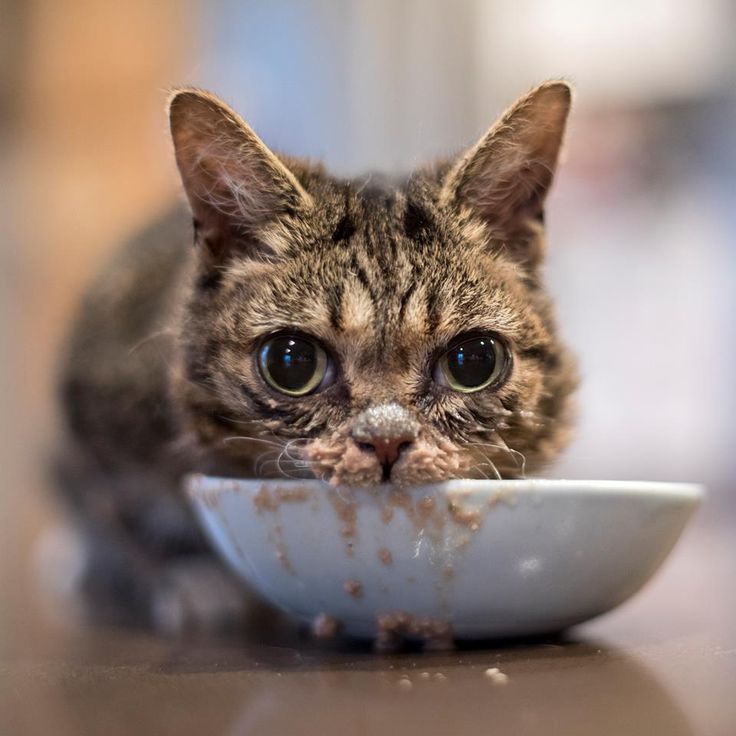 However, baby food should never make up a large portion of your kitty’s daily diet.
However, baby food should never make up a large portion of your kitty’s daily diet.
While sharing human food with your cat is not always safe, we have a solution that will keep you both smiling.
We've currently got a 33% discount to share on the HUMAN-GRADE premium cat food that ranked number #1 in our reviews! CLICK HERE & use code EXCITEDCATS2022 to SAVE 33% on Smalls cat food!
How Long Can a Cat Eat Baby Food?
A cat can consume baby food as its main meal for only about two to three days. After that, you’ll need to slowly start transitioning them back to normal cat kibble or wet cat food.
Baby food doesn’t contain taurine. This is a vital amino acid that cats can only get from commercial kibble, raw meat, supplements, or wet cat food.
Image Credit: aprilante, ShutterstockBaby Food Alternatives for Cats
If you don’t want to feed your sick or elderly cat baby food, some good alternatives are:
- Kitten food
- Raw or boiled chicken
- Egg yolks
Remember, these options should never replace your cat’s normal kibble or wet cat food.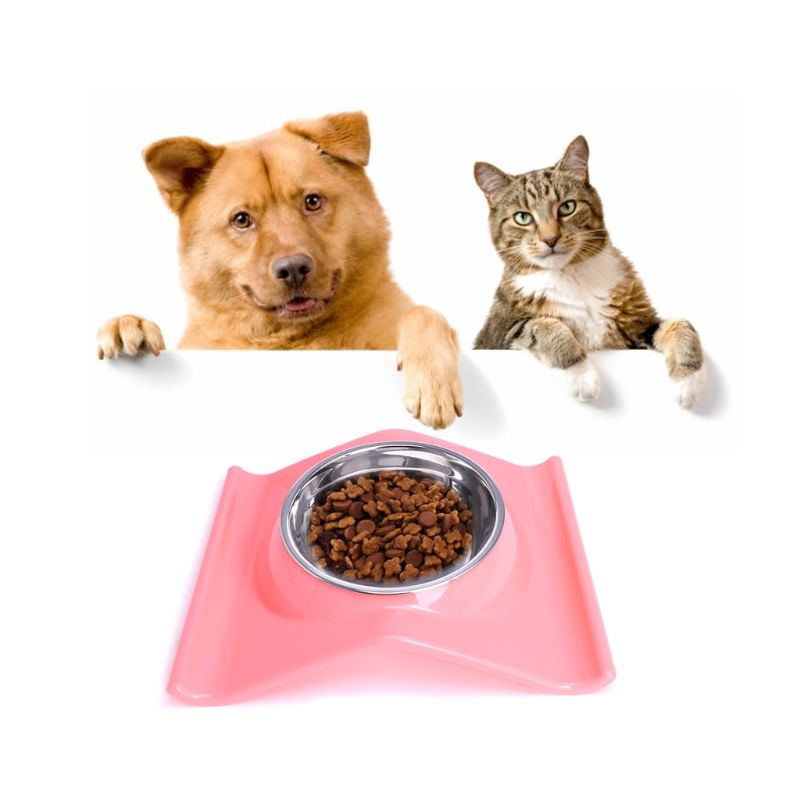
- You might also like: Can Cats Eat Chickpeas? What You Need To Know
The Bottom Line on Baby Food for Cats
A small helping of meat-based baby food that doesn’t contain any additives is perfectly okay to feed your cat. It may even be helpful for elderly or ill cats that can’t consume normal kibble.
Never feed your kitty baby food that contains garlic or onion. This can be fatal. Also, never use baby food as a substitute for your pet’s regular cat food for prolonged periods.
Yes, your cat can enjoy a small spoonful of meat-based baby food! She’ll love the full flavor and yummy aroma!
Featured Image Credit: MapleHorizons, Pixabay
Contents Overview
- Can Cats Eat Baby Food?
- Is Baby Food Bad for Cats?
- When is It Okay to Feed a Cat Baby Food?
- How Long Can a Cat Eat Baby Food?
- Baby Food Alternatives for Cats
- The Bottom Line on Baby Food for Cats
Christian Adams
An American expat living in Metro Manila, Philippines for over a decade, Christian is a lifelong cat lover and the proud papa of two rescue cats, Trixie and Chloe.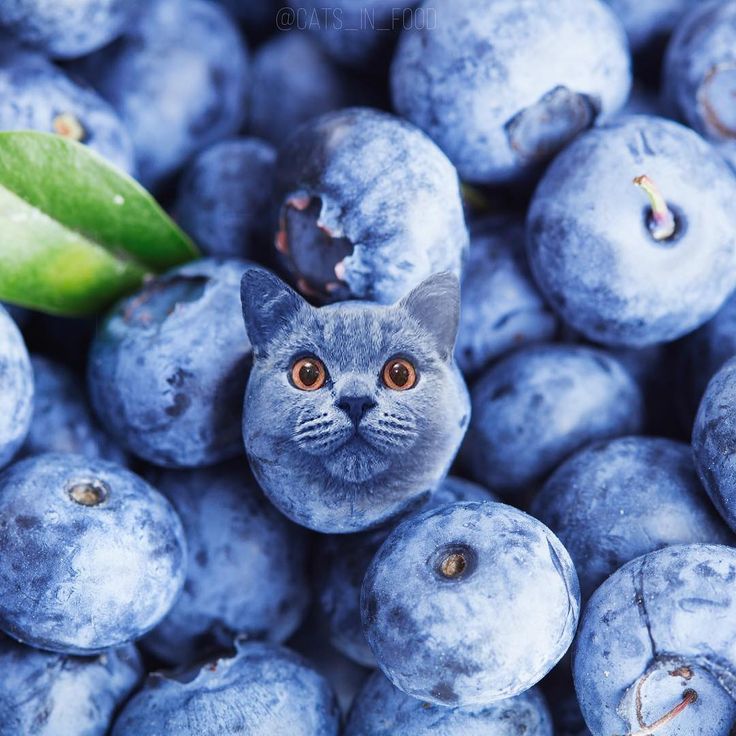 Both girls were formerly among the droves of strays that roam the cities and countryside. Three-year-old Trixie was pulled from a litter found under the porch of a neighbor’s house, while two-year-old Chloe was brought home by Christian’s young son, Henry, who found the kitten crying in the parking lot. As Editor in Chief of ExcitedCats.com, Christian is thrilled to be a part of the pro-feline movement.
Both girls were formerly among the droves of strays that roam the cities and countryside. Three-year-old Trixie was pulled from a litter found under the porch of a neighbor’s house, while two-year-old Chloe was brought home by Christian’s young son, Henry, who found the kitten crying in the parking lot. As Editor in Chief of ExcitedCats.com, Christian is thrilled to be a part of the pro-feline movement.
Is it possible to feed a cat with baby food
15459 0
Contents
Feeding your cat should be treated responsibly, as your pet's health depends on it. The question of whether it is possible to feed a cat with baby food has a number of nuances that must be taken into account.
First of all, it is worth remembering that the gastrointestinal tracts of humans and cats have significant differences. For example, in the structure of the oral cavity, the length of the intestine and much more. Cats are carnivores, so their digestion is adapted primarily to digest meat food.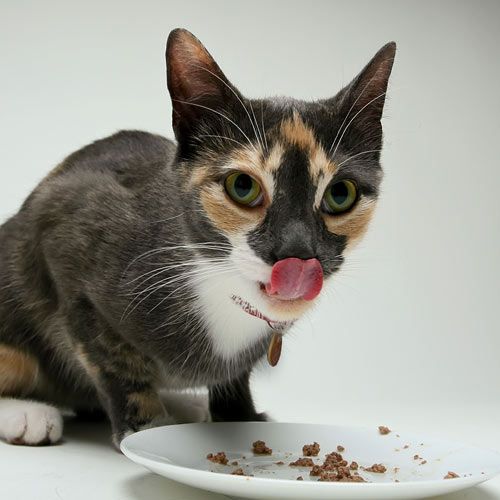
Can an adult cat be fed baby food?
Baby food may be given to adult animals, but not as permanent food. To maintain a high standard of living and health, a cat needs to receive a balanced diet. At the same time, purees intended for children cannot fully meet this requirement, therefore, it is advisable to consult with a veterinarian-nutritionist in advance so that he draws up a rough plan on how and what to feed the cat, what vitamins to add if necessary.
However, in some cases, softened food is a direct indication for feeding. For example:
- for diseases of the oral cavity. Such as stomatitis, gingivitis, periodontal disease and others;
- lack of appetite. For example, canned food can often be more appealing to animals;
- the absence of teeth in elderly animals or in cases where teeth have been removed for indications;
- during illness. Namely, if the animal needs softer and easily digestible food.
There are many canned foods on the market today, designed specifically for cats (including those with special needs).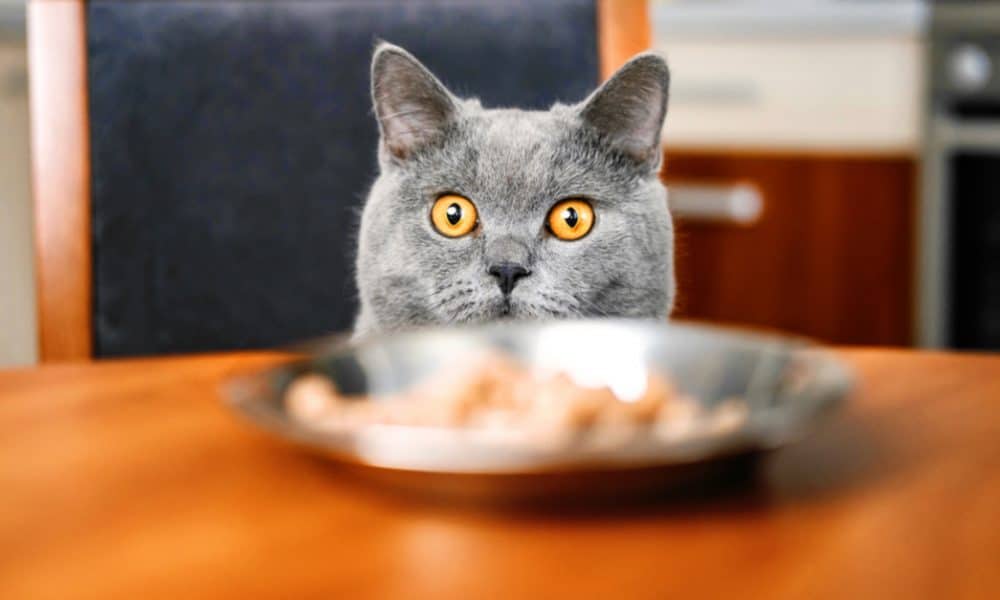 Therefore, each owner can choose the right diet for his pet without resorting to baby food.
Therefore, each owner can choose the right diet for his pet without resorting to baby food.
How to give?
Meat should be the main ingredient in a cat's diet. However, it is wrong to give only mashed meats. The pet must receive a source of fiber. It can be vegetables, or vegetable purees intended for children. The ratio of components suitable for the pet will help you choose a veterinarian, taking into account the physiological data of the cat. But as a rule, the plant part of the diet does not exceed 15%.
It is better to choose one brand of baby food and give it only. It is necessary to accustom a cat from a small portion, gradually increasing it to the necessary one.
Cats need cereals in individual cases and are prescribed in small quantities as an addition to the main diet. Baby cereals containing sugar, salt, milk or flavorings are not suitable for pet food.
Situations when you should not give a cat food intended for children
In some cases, food may not be suitable for a pet.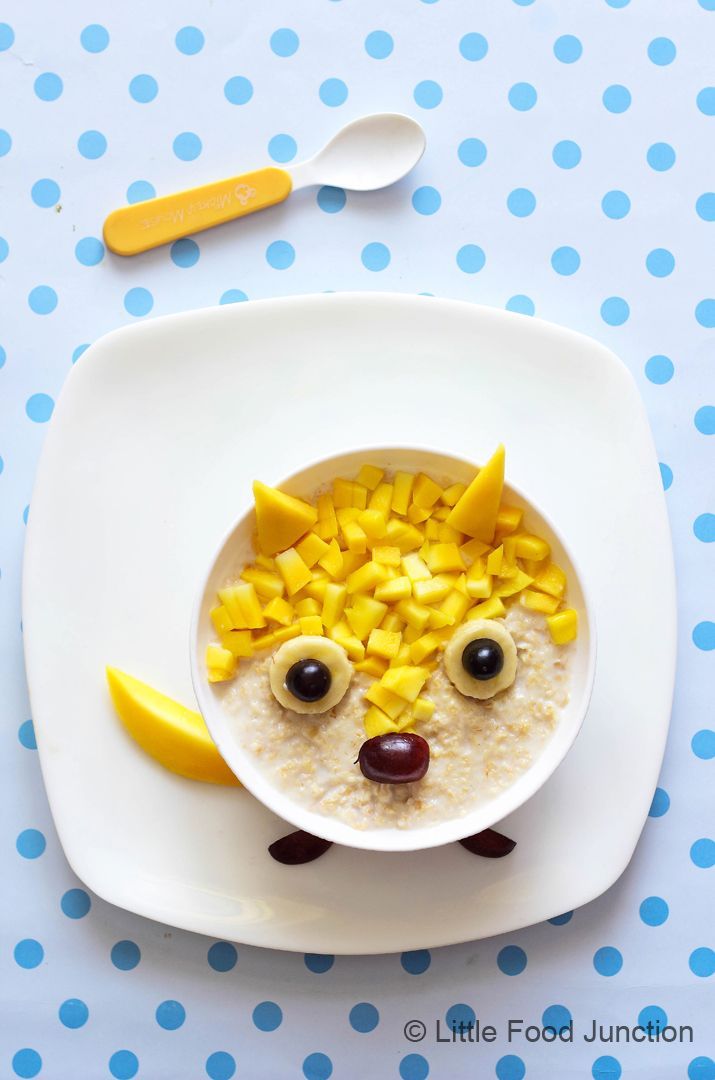 How to understand it:
How to understand it:
- after feeding, the animal has digestive disorders. For example, diarrhea or constipation, vomiting, soreness in the abdominal wall;
- allergic reaction to food components - redness of the ears, itching, rashes.
Can kittens be given baby food?
When it comes to newborn kittens. If for some reason a cat cannot feed them, then it is impossible to replace cat's milk with a human mixture. This can lead to serious consequences, up to the death of the offspring. Infant milk formulas are adapted to the gastrointestinal tract of infants. In addition, in their composition they may contain many components that are not absorbed by the body of a small cat.
What is important:
- on the first day of life, the kitten must receive colostrum;
- if, for some reason, the cat is unable to feed offspring, it is advisable, if possible, to attach the kittens to another lactating cat;
- if natural feeding is not possible, the offspring are transferred to artificial.
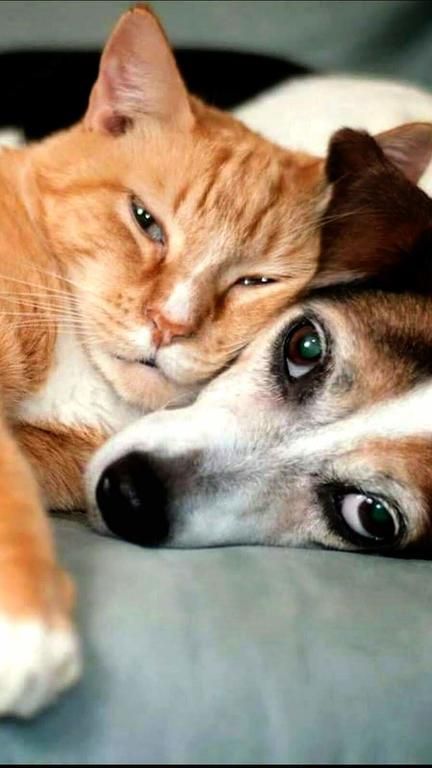 The mixture should be intended strictly for kittens. For example, milk formula brands Beaphar, Royal canin, Gimpet, Hartz and others.
The mixture should be intended strictly for kittens. For example, milk formula brands Beaphar, Royal canin, Gimpet, Hartz and others.
For older kittens who have already switched to adult food, baby food in the diet is acceptable. In the event that it is not possible to give specially designed feed or natural food products. However, it is not recommended to constantly feed baby canned food.
What to look for when choosing baby food for a cat
It is believed that products intended for children are the most environmentally friendly and do not contain spices. This is not always the case, so when choosing baby food for a cat, it should not contain:
- salt;
- sugar;
- onion or garlic;
- dyes;
- preservatives;
- soybeans;
- lactose.
The product must have optimal shelf life and be stored under appropriate conditions.
It is acceptable to give baby food to cats and older kittens if for some reason it is not possible to choose a diet that is specifically designed for the animal.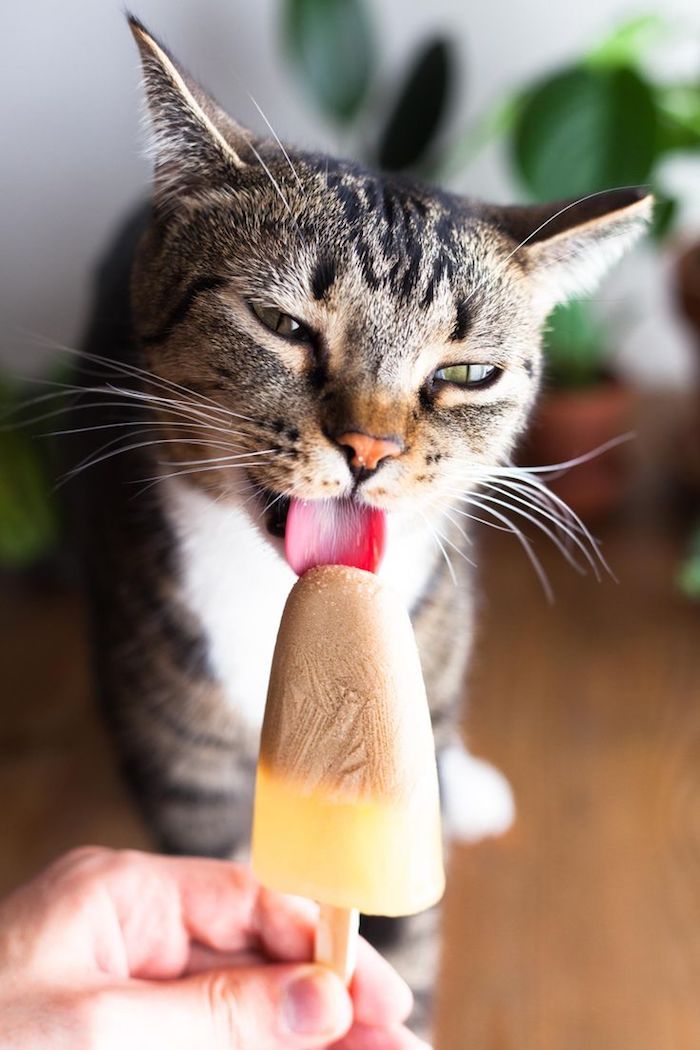 It is not recommended to give such products on an ongoing basis.
It is not recommended to give such products on an ongoing basis.
Is it possible to give a kitten baby food?
Home / Nutrition / Can cats eat baby food?
06/03/2021 owner reviews 914 views
Here you will find the best information about cat food. And answer your most pressing question; can cats eat baby food? Yes, but it's not what you think!
Whereas baby food may be an additional choice for some cats. You must be especially careful with baby food. Not all ingredients in different brands of baby food are the same. And in order to know what your cat is eating, it's helpful to know if it's safe or not.
So if you want to change your cat's diet to something more familiar. Like healthy baby food packed with essential nutrients. Then you need to read what's next.
Contents
- What's in baby food?
- Can cats eat baby food?
- What to keep away from cats?
- Final thoughts
What's in baby food?
The latest baby food contains no toxic ingredients or chemicals.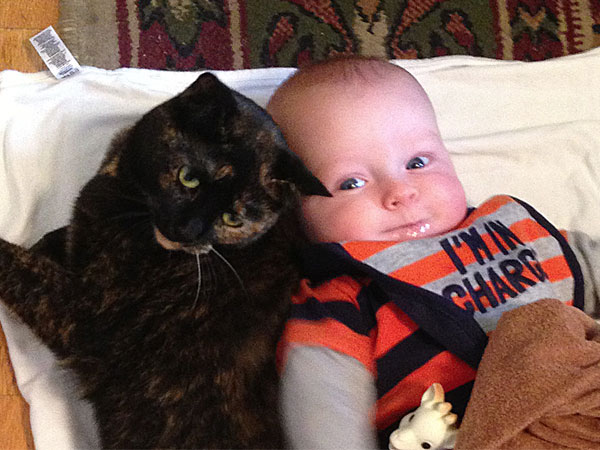 They are healthy, safe and nutritious. So it's safe to say that cats can eat baby food without even worrying about it. But at the same time, human food, which includes cat food, should not exceed 15% of the cat's diet.
They are healthy, safe and nutritious. So it's safe to say that cats can eat baby food without even worrying about it. But at the same time, human food, which includes cat food, should not exceed 15% of the cat's diet.
Choose baby food without the following 4 ingredients:
- Arsenic : Arsenic was most commonly found in baby cereal. And now, according to the American Cancer Society, it's a common carcinogen. This can lead to inflammation, indigestion, and other problems. Even most babies are sensitive to this ingredient. So keeping it out of your cat's digestion is the number one priority.
- Pesticides : Pesticides are found in baby food as a result of food processing. Harmful pesticides are used in crop production to improve taste and growth. This causes a lot of inflammatory processes in babies. And it can also interfere with the development of the brain and nerves of the child. You can expect the same exposure to pesticides in kittens.
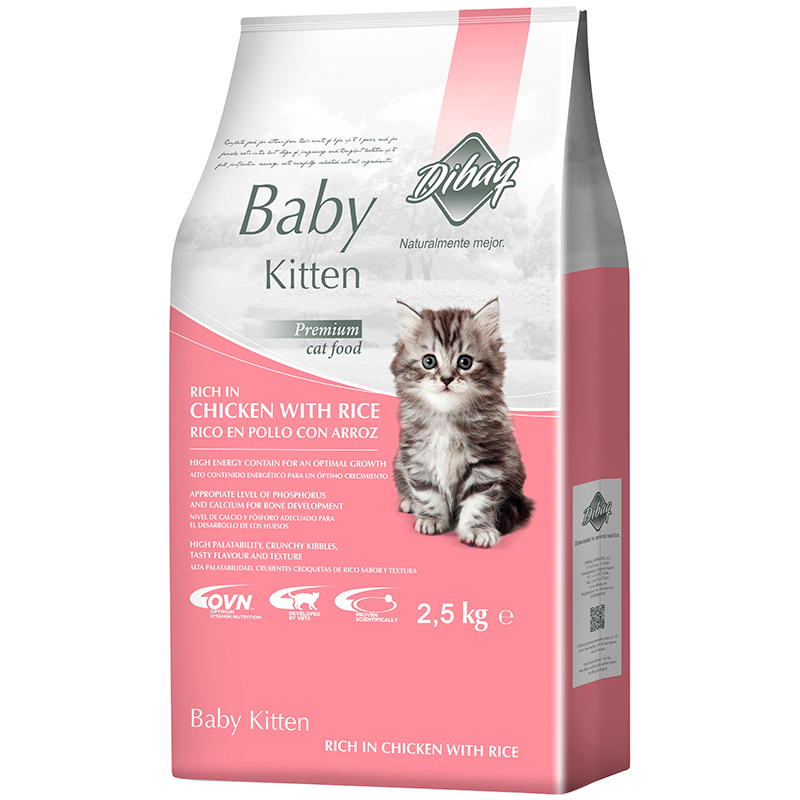 Perhaps even worse because cats are more sensitive to food.
Perhaps even worse because cats are more sensitive to food. - GMOs : GMOs are genetically modified organisms. These are living organisms that have been discovered and modified through genetic engineering. A GMO product is made up of animal, viral, and plant bacteria fused together. GMO baby food has been quite popular. The best alternative to GMO foods are organic or non-GMO foods. This baby food does not contain corn and soy. They can upset the stomach and cause gas, constipation, or acidity.
- Sugar : Too much sugar in cats can cause stomach upset. And there are certain types of baby food that are high in sugar. Sugar improves the taste so that the child does not refuse it. In cats, it can contribute to diabetes, thyroid disease, obesity, and heart disease. Another important ingredient to avoid is trans fats. Trans fats are added to baby food to increase its shelf life. And it makes products more accessible for bulk purchases.
Can cats eat baby food?
The variety of healthy baby food on the market is amazing.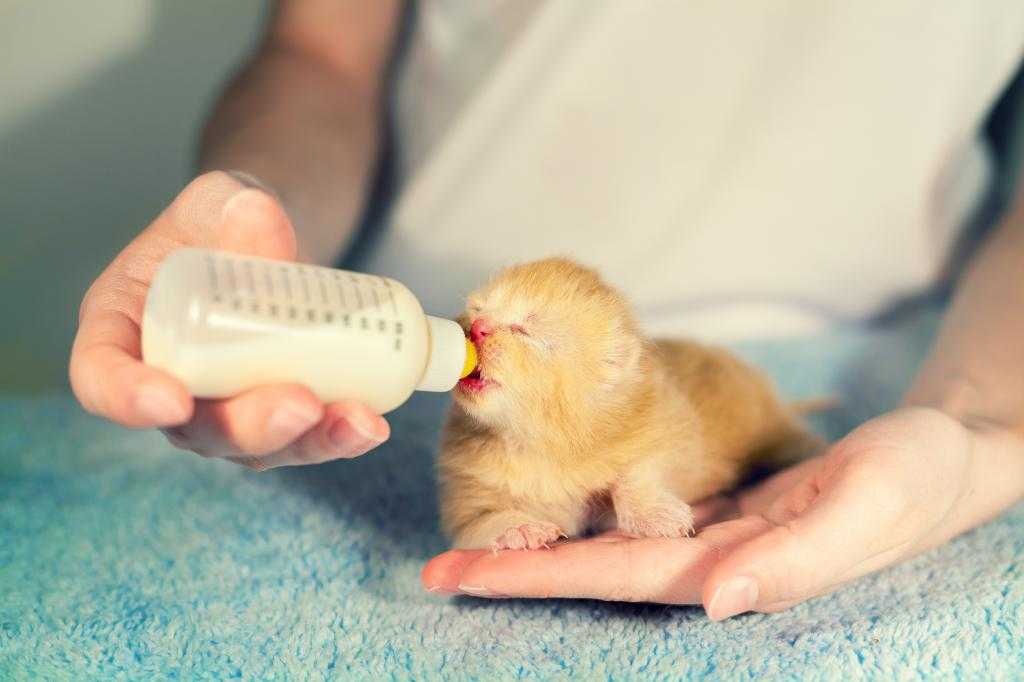 But is all baby food healthy to eat? Let's find out.
But is all baby food healthy to eat? Let's find out.
It's nice to have a new pet at home. Especially if it's a cat. And you have to be careful about the type and amount of food you feed your new cat. It's only natural for your cat to get sick due to food and water changes.
Most baby foods contain meat, which can be tempting to a cat. Baby food is rich in vitamins, minerals, amino acids and other trace elements. They are easier to digest and fight inflammation and infection in the body.
However, one nutrient not found in infant formula is taurine. And it's one of the nutrients that cats don't produce on their own like humans do. Affects the skin, coat, heart and reproductive organs of the cat. So be sure to monitor your cat's taurine intake to avoid deficiency.
© shutterstockThis suggests that cat food is the best thing to feed your cat. However, baby food is the ideal choice recommended by doctors when:
- Your cat has an appetite problem.
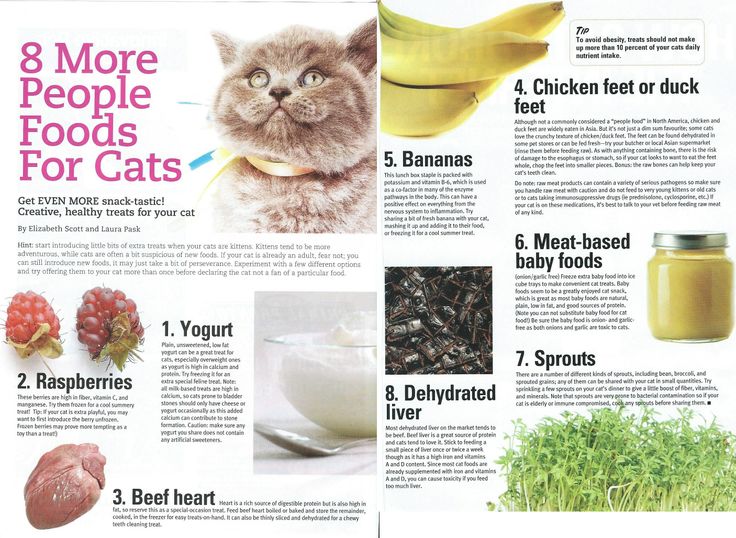
- Your cat has difficulty chewing the pieces because of a painful jaw.
- Your cat is missing teeth due to tooth extraction due to fungus or other problems.
- Your cat is sensitive to fish in cat food.
- Your cat vomits regularly or has diarrhea.
What to keep away from cats?
Baby food with the following ingredients is harmful to cats. Under no circumstances should cats eat these foods. These ingredients may be present in some types of baby food.
- Onion : Onion contains ingredients that are toxic to cats. This can cause blood damage and blood clots.
- Garlic : Like onions, garlic is harmful to cats. It causes anemia, indigestion and limits normal metabolic activity.
- Raw eggs : protein is good for cats, but raw eggs are prone to parasites. This can cause pancreatic disease and infection.
- Milk : Some cats are lactose intolerant and cannot digest milk.
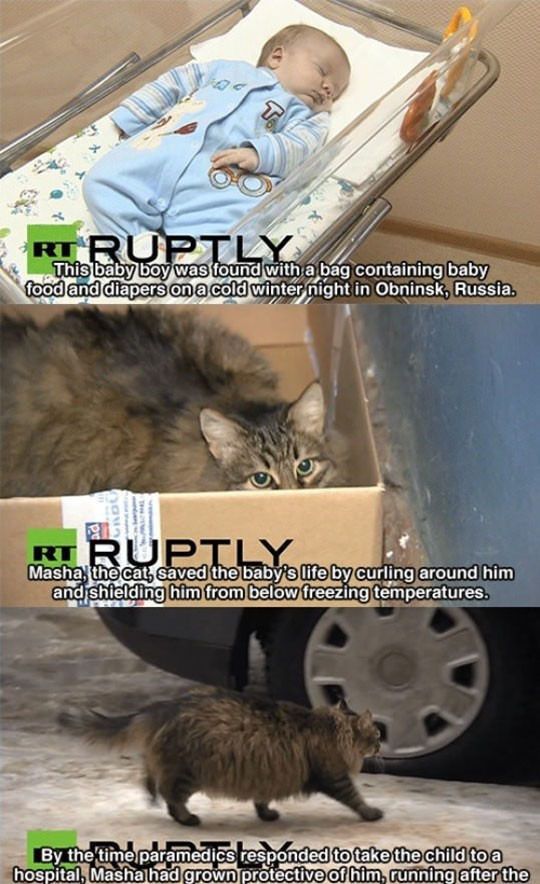 If your cat is vomiting or gasping after eating dairy, you may want to opt for a soy alternative.
If your cat is vomiting or gasping after eating dairy, you may want to opt for a soy alternative.
Final thoughts
We all know that cats can be picky eaters. So it's best to try several options. You never know when you'll hit the spot!
Cats easily adapt to feeding. You can offer them a variety of dishes. And when your cat gets sick, the first thing to do is change her diet. It reduces signs of infection, indigestion and other symptoms.
It is strictly forbidden for cats to consume sugar, trans fats or salt. And there are many types of baby food that do not contain such a mixture. So, to properly answer your question; can cats eat baby food?
You can successfully feed your cat baby food, but only after reading this article. But if you notice a dramatic change in the behavior of the cat. Or, if your cat is eating something they shouldn't be eating, you should contact your veterinarian immediately.
